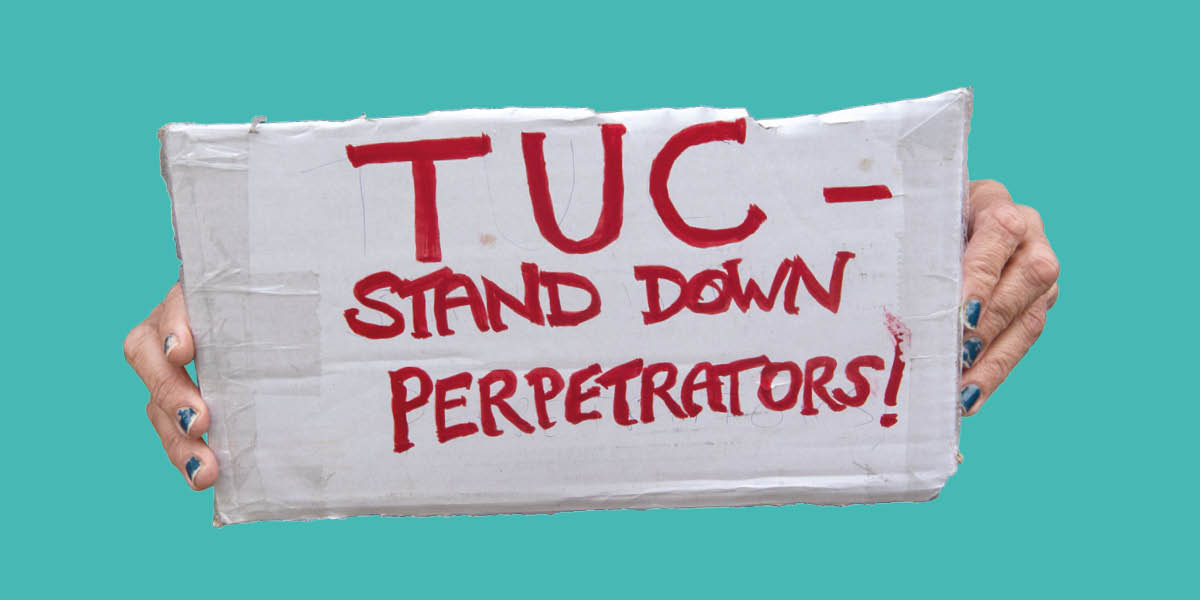All of us in Reel News have been trade union activists for years. We realised no one was systematically publicising workers’ disputes. Reel News came out of indie media – the idea of activists reporting on our own struggles. The name is a homage to News Reel, a group that worked closely with the Black Panthers.
Indie media was the first time anybody had been able to upload their own videos, blogs and photos. It laid the ground for YouTube and social media. For a few years, it was amazing. When something kicked off, people all over the world would go to indie media and see what was happening.
In our early days, we covered the 2001 Genoa protest, when the police went out to shut down the anti-capitalist movement. We were on the front line when the police attacked, trying to slow them down by shoving cameras in their faces, but also using video to build movements.
Around 2011, the BESNA dispute, a big dispute by electricians in construction, changed how we did things. The biggest multinational building firms made a 35 per cent pay cut. The campaign went from demonstrations to occupations of building sites to blocking roads. Huge pickets in central London had no media coverage. Construction branches contacted us, saying they would get our videos out to every construction worker in the country. That dispute was won after seven months. We realised we could not only put out inspiring videos – we could be part of campaigns to help them win.
We’ve learned that you don’t need millions of views. You just need to get the right people watching
Some of our videos only have 5,000 views on YouTube but people were showing them to branch meetings of 100 building workers. We’ve learned that you don’t need millions of views. You just need to get the right people watching.
The MeTU campaign has been another highlight. It came out of the #MeToo movement, centring on sexual harassment and violence within the trade union movement. One woman found the courage to speak out after getting support for a year. We launched a video during her union’s annual conference, culminating in the entire leadership being thrown out of their jobs. We used a simple video taken on phones to take direct action.
We were in Catalonia during the referendum, defending an occupied school with cameras similarly to how we started. Our school was one of a few that weren’t attacked violently by police that day. Situations where people are grateful that you’re there and feel safer always stand out.
During the summer we do festival work. We do Glastonbury and Boomtown every year as part of a wider collective. We put on an art installation and provide a space for young people aged around 20 to 22 to get involved. That’s one of the most fun things we do.
We try to show other people how to do what we do. So many people put unedited bits of footage up on social media but hardly anybody puts up short, edited videos, even of the huge Palestine movement in the last few months.
Every movement needs its own video activists’ network – people devoting their time to doing the video and photographs. Everyone can have decent editing software on their camera. We just need to start learning how to use it.
Reel News were talking to Ananya Wilson-Bhattacharya










